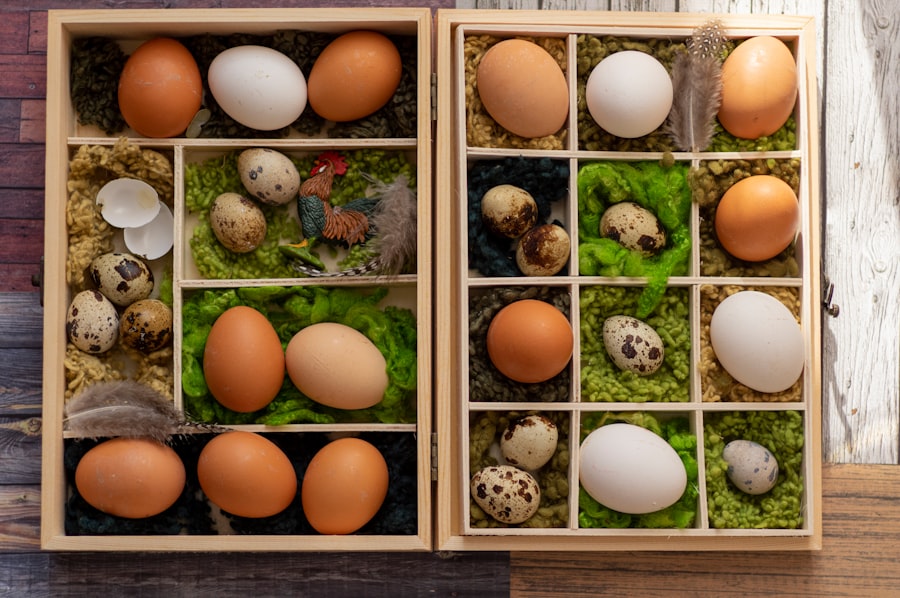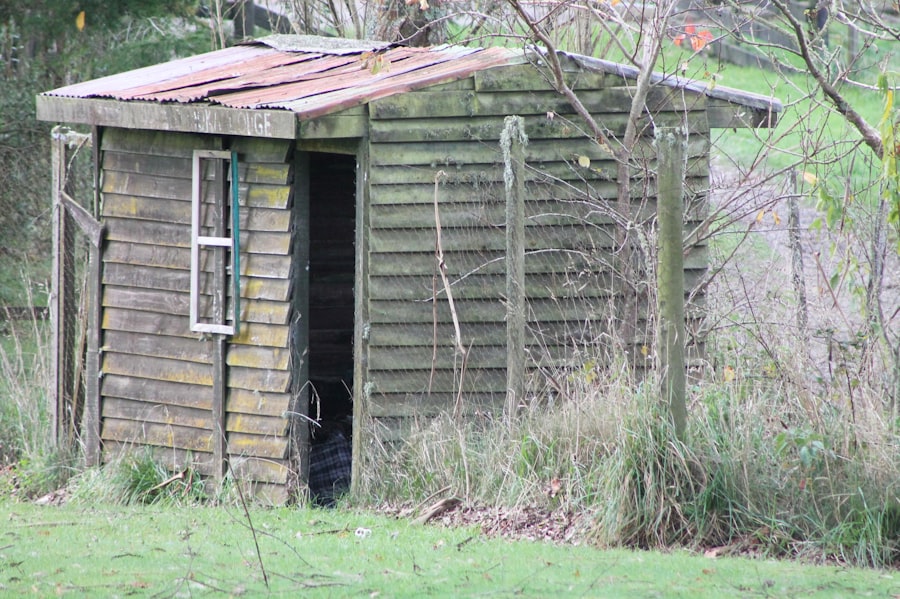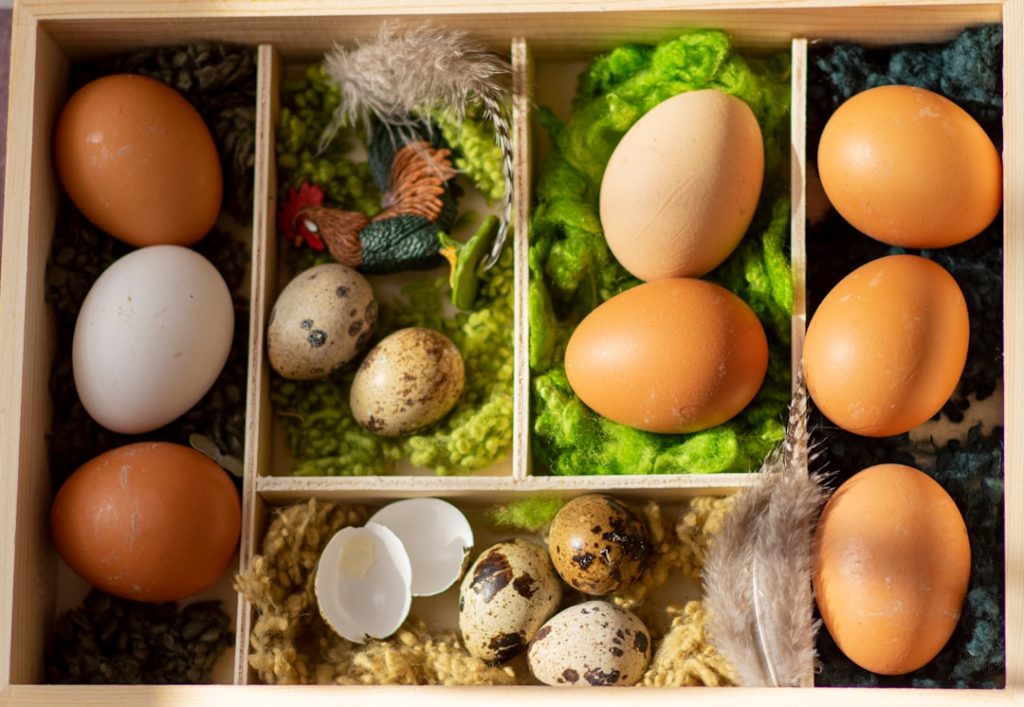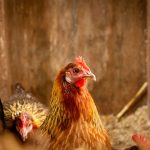Initial costs for starting a poultry farm include:
1. Bird acquisition: The expense of purchasing chicks or mature birds varies based on breed and quantity. 2. Property: Investment in land or an existing farm property, with costs varying depending on size and location. 3. Infrastructure: Expenses for fencing, coops, and other housing structures for the birds. 4. Feed and water equipment: Costs for feeders, waterers, storage containers, and distribution equipment. 5. Storage and transportation: Expenses for feed and water storage, as well as equipment for moving resources around the farm. These initial investments can be substantial, requiring careful budgeting and planning before commencing operations. The total cost will depend on factors such as farm size, bird population, and chosen equipment quality. Prospective poultry farmers should thoroughly research and calculate these expenses to ensure adequate financial preparation for starting their business.
Table of Contents
- 1 Feed and Water
- 2 Housing and Equipment
- 3 Veterinary Care
- 4 Predators and Security
- 5 Additional Expenses
- 6 Overall Cost Analysis
- 7 FAQs
- 7.1 What are the initial costs of keeping chickens in the UK?
- 7.2 How much do chickens cost to purchase in the UK?
- 7.3 What are the ongoing costs of keeping chickens in the UK?
- 7.4 How much does chicken feed cost in the UK?
- 7.5 Are there any other expenses to consider when keeping chickens in the UK?
- 7.6 What are the potential cost savings of keeping chickens in the UK?
Key Takeaways
- Initial costs for raising chickens include purchasing chicks, a brooder, feeders, waterers, and bedding.
- Feed and water are ongoing expenses for raising chickens, with the cost varying based on the number of chickens and their diet.
- Housing and equipment expenses include building or purchasing a coop, nesting boxes, perches, and fencing for a secure outdoor area.
- Veterinary care costs may include vaccinations, deworming, and occasional treatment for common ailments like mites or respiratory issues.
- Predators and security expenses involve investing in predator-proofing measures such as locks, hardware cloth, and motion-activated lights to protect the chickens.
Feed and Water
Feed Expenses
The cost of feed depends on the type of birds you’re raising, their age, and stage of development. Chicks, for instance, require a different type of feed than mature birds, and layers have different nutritional needs than broilers. Researching the specific dietary requirements of your birds and budgeting accordingly is vital to ensure they receive all the necessary nutrients for optimal health.
Supplements and Medications
In addition to feed, you may need to invest in supplements or medications to ensure your birds receive all the necessary nutrients. This will help prevent any nutritional deficiencies that could impact their health and productivity.
Water Expenses
Budgeting for water expenses is also crucial. This includes the cost of installing a water supply system, as well as ongoing expenses for water usage and maintenance. It’s essential to ensure your birds have access to clean, fresh water at all times. You may also need to invest in water treatment or filtration systems to ensure the water is safe and healthy for your birds.
Overall Budgeting
In conclusion, carefully budgeting for the ongoing expenses of feed and water is vital to ensure the health and productivity of your poultry farm. By allocating sufficient funds for these essential expenses, you can help guarantee the success of your poultry operation.
Housing and Equipment

The housing and equipment for your poultry farm are essential for providing a safe and comfortable environment for your birds. The cost of housing will depend on the size and type of structure you choose, as well as the number of birds you plan to raise. You may need to invest in coops, nesting boxes, roosts, and other structures to provide shelter and protection for your birds.
Additionally, you may need to invest in heating or cooling systems to ensure that the temperature is suitable for your birds year-round. It’s important to carefully consider the housing needs of your birds and budget accordingly for these expenses. In addition to housing, you will also need to invest in equipment for your poultry farm.
This may include feeders, waterers, incubators, brooders, and other tools and machinery for caring for your birds. The cost of this equipment will depend on the size of your farm and the number of birds you plan to raise. It’s important to invest in high-quality equipment that is durable and reliable to ensure the health and productivity of your birds.
Additionally, you may need to budget for ongoing maintenance and repairs for this equipment. Overall, it’s important to carefully consider the housing and equipment needs of your poultry farm and budget accordingly for these expenses.
Veterinary Care
Veterinary care is an essential expense for any poultry farm, as it is important to ensure the health and well-being of your birds. The cost of veterinary care will depend on the type and number of birds you are raising, as well as any specific health concerns or issues that may arise. You may need to budget for routine check-ups, vaccinations, medications, and other veterinary services to ensure that your birds are healthy and free from disease.
Additionally, you may need to invest in emergency veterinary care in case of illness or injury among your flock. It’s important to work with a qualified avian veterinarian who can provide expert care and advice for your poultry farm. In addition to veterinary care, you may also need to budget for the cost of medications and supplements for your birds.
This may include vitamins, minerals, probiotics, and other nutritional supplements to ensure that your birds are receiving all the necessary nutrients for optimal health. It’s important to carefully research the specific dietary needs of your birds and budget accordingly for these ongoing expenses. Additionally, you may need to invest in pest control measures to prevent infestations of parasites or other pests that can affect the health of your birds.
Overall, it’s important to carefully consider the veterinary care needs of your poultry farm and budget accordingly for these expenses.
Predators and Security
Predators can pose a significant threat to the safety and well-being of your poultry farm, so it’s important to budget for security measures to protect your birds. The cost of predator control will depend on the type and number of predators in your area, as well as the size and location of your farm. You may need to invest in fencing, netting, or other barriers to keep predators out of your poultry farm.
Additionally, you may need to invest in security cameras or other surveillance equipment to monitor the activity around your farm and deter potential threats. In addition to predator control, you may also need to budget for the cost of security measures to protect your birds from theft or vandalism. This may include investing in locks, alarms, or other security systems to ensure that your birds are safe at all times.
It’s important to carefully consider the security needs of your poultry farm and budget accordingly for these expenses. Additionally, you may need to invest in insurance coverage to protect against potential losses due to theft or other security threats. Overall, it’s important to carefully consider the predator control and security needs of your poultry farm and budget accordingly for these expenses.
Additional Expenses

Labour Costs
The cost of labor is a significant expense to consider, including the cost of caring for your birds and any additional help needed for tasks such as cleaning coops, collecting eggs, or processing meat. The cost of labor will depend on the size of your farm and the number of birds you plan to raise.
Transportation and Marketing Expenses
You may also need to budget for transportation costs for delivering products such as eggs or meat to market. Furthermore, you may need to budget for marketing and advertising expenses to promote your poultry products and attract customers. This may include investing in packaging materials, signage, or online marketing efforts to reach potential buyers.
Administrative Expenses
Additionally, you may need to budget for administrative expenses such as accounting services or legal fees for managing the business side of your poultry farm. It’s important to carefully consider these additional expenses when planning the overall budget for your poultry farm.
Overall Cost Analysis
In conclusion, starting and running a poultry farm involves a variety of expenses that must be carefully considered when planning a budget. From initial costs such as purchasing birds and property, to ongoing expenses such as feed and water, housing and equipment, veterinary care, predator control, security measures, labor costs, transportation expenses, marketing efforts, and administrative fees – there are many factors that contribute to the overall cost of running a successful poultry farm. It’s important for aspiring poultry farmers to carefully research and plan for these expenses in order to ensure the success and profitability of their business.
By carefully considering each aspect of the cost analysis outlined above, poultry farmers can make informed decisions about their budgeting needs and set themselves up for success in this rewarding industry.
If you’re interested in learning more about the cost of keeping poultry in the UK, you may also want to check out this article on what to feed ducks. Understanding the cost of feeding and caring for ducks can provide valuable insight into the overall expenses of keeping poultry.
FAQs
What are the initial costs of keeping chickens in the UK?
The initial costs of keeping chickens in the UK include purchasing the chickens themselves, a suitable coop, feeders, waterers, bedding, and any necessary permits or licenses.
How much do chickens cost to purchase in the UK?
The cost of purchasing chickens in the UK can vary depending on the breed and age of the chickens. On average, you can expect to pay between £5 to £20 per chicken.
What are the ongoing costs of keeping chickens in the UK?
The ongoing costs of keeping chickens in the UK include feed, bedding, healthcare, and any additional equipment or supplies needed to maintain their coop and run.
How much does chicken feed cost in the UK?
The cost of chicken feed in the UK can vary depending on the type and quality of the feed. On average, you can expect to pay around £10 to £15 for a 20kg bag of chicken feed.
Are there any other expenses to consider when keeping chickens in the UK?
Other expenses to consider when keeping chickens in the UK may include veterinary care, supplements, treats, and any necessary repairs or upgrades to the coop and run.
What are the potential cost savings of keeping chickens in the UK?
Keeping chickens in the UK can potentially save money on purchasing eggs from the store, as well as provide a source of organic fertilizer for your garden. However, it’s important to consider the initial and ongoing costs of keeping chickens when evaluating potential savings.
Meet Walter, the feathered-friend fanatic of Florida! Nestled in the sunshine state, Walter struts through life with his feathered companions, clucking his way to happiness. With a coop that’s fancier than a five-star hotel, he’s the Don Juan of the chicken world. When he’s not teaching his hens to do the cha-cha, you’ll find him in a heated debate with his prized rooster, Sir Clucks-a-Lot. Walter’s poultry passion is no yolk; he’s the sunny-side-up guy you never knew you needed in your flock of friends!







